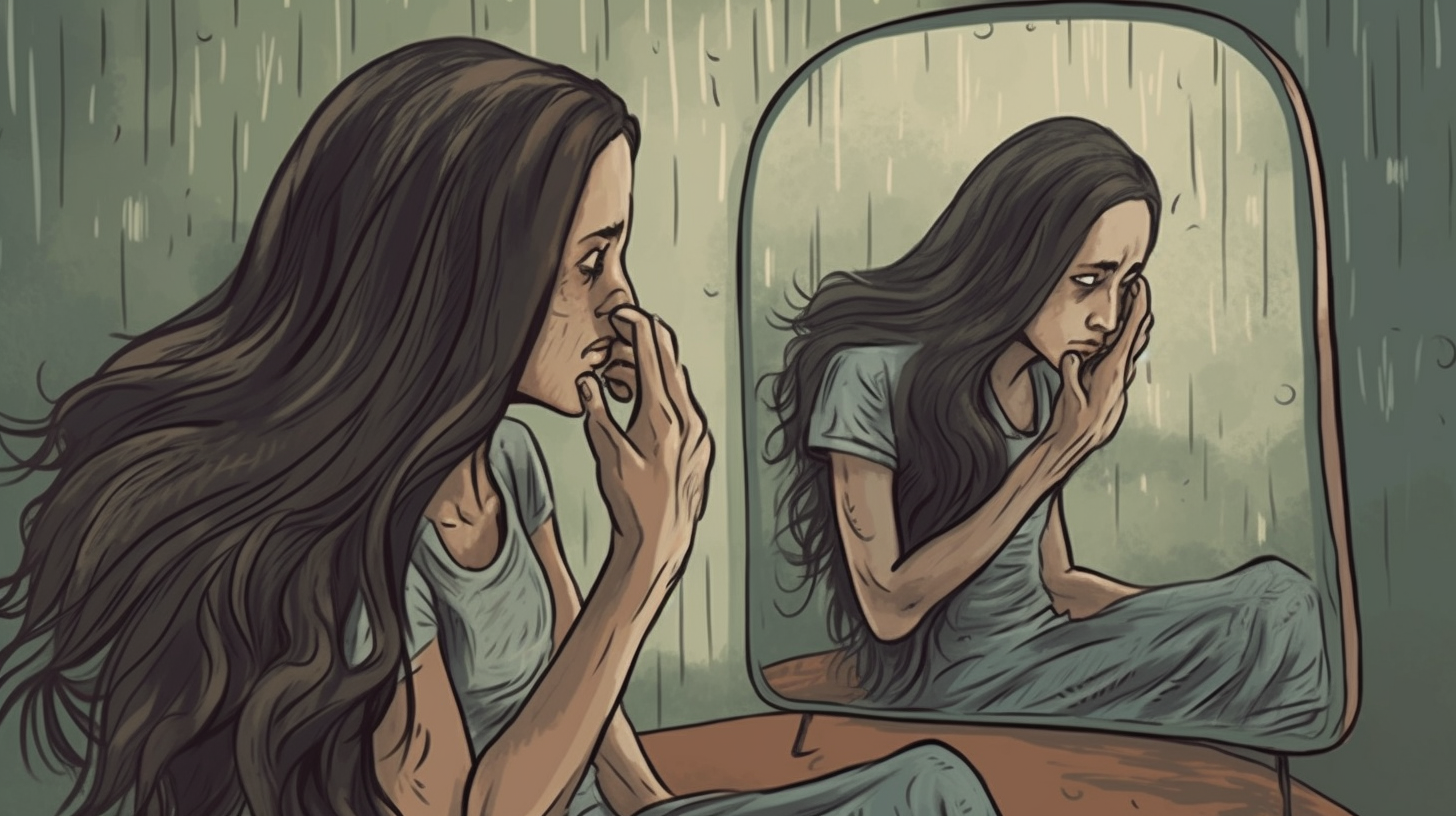Understanding the Reasons behind Hair Loss: A Comprehensive Guide
Are you experiencing hair loss or thinning? You’re not alone. Hair loss affects millions of people worldwide, and it can be a challenging and emotional experience, especially for those who value their hair as part of their identity. In this comprehensive guide, we will explore the various causes of hair loss, from hormonal imbalances to genetic predispositions, and offer practical tips and solutions to help you better understand and manage this condition.
Causes of Hair Loss
Hair loss can occur for a variety of reasons, both temporary and permanent. Some common causes include:
- Genetics: Male pattern baldness is a hereditary condition that affects many men as they age. Female pattern baldness can also be genetic.
- Hormonal Imbalances: Hormones play a significant role in hair growth, and imbalances can lead to hair loss. Conditions such as thyroid disorders and polycystic ovary syndrome (PCOS) can cause hormonal imbalances.
- Alopecia: Alopecia is an autoimmune disease that causes hair loss on the scalp and other areas of the body.
- Stress: Stress can cause temporary hair loss by disrupting the natural growth cycle of the hair follicles.
- Diet: A diet lacking in essential nutrients such as protein, iron, and biotin can lead to hair loss over time.
- Chemotherapy: Chemotherapy drugs target rapidly dividing cancer cells but also affect healthy cells such as those in the hair follicles, causing temporary hair loss.
- Scalp Infections: Infections such as ringworm can affect the scalp and lead to hair loss.
Treatment Options for Hair Loss
The treatment options for hair loss depend on the underlying cause. Some common treatments include:
- Medications: Medications such as minoxidil and finasteride are FDA-approved treatments for male pattern baldness.
- Hair Transplantation: Hair transplantation involves taking hair from one area of the scalp and transplanting it to another area that has experienced hair loss.
- Scalp Reduction: Scalp reduction involves surgically removing bald areas of the scalp and stretching the surrounding hair-bearing skin to cover the area.
- Laser Therapy: Laser therapy involves using low-level laser light to stimulate hair growth.
- Hairpieces or Wigs: Hairpieces or wigs can be an effective way to cover up hair loss temporarily.
Preventing Hair Loss
While not all types of hair loss can be prevented, there are steps you can take to promote healthy hair growth and reduce your risk of experiencing hair loss. Some tips include:
- Eating a Balanced Diet: Eating a diet rich in protein, iron, and biotin can help promote healthy hair growth.
- Avoiding Tight Hairstyles: Tight hairstyles such as braids or ponytails can damage the hair follicles and lead to hair loss over time.
- Avoiding Harsh Chemicals: Harsh chemicals such as those found in some shampoos and styling products can damage the hair and lead to hair loss.
- Managing Stress: Managing stress through techniques such as meditation or exercise can help reduce the risk of temporary hair loss.
- Treating Scalp Infections Promptly: Treating scalp infections promptly can help prevent damage to the hair follicles and reduce the risk of hair loss.
The Emotional Impact of Hair Loss
Dealing with hair loss can be emotionally challenging. For many people, their hair is an important part of their identity, and losing it can be a blow to their self-esteem. It’s essential to remember that hair loss is a common condition that affects many people, and there are solutions available. Talking to a trusted friend or family member or seeking support from a therapist can also be helpful in managing the emotional impact of hair loss.
Conclusion
Hair loss is a common condition that affects millions of people worldwide. Understanding the causes of hair loss and available treatment options is essential in managing this condition. Eating a balanced diet, avoiding harsh chemicals, and managing stress are just some of the steps you can take to promote healthy hair growth and reduce your risk of experiencing hair loss. Remember, dealing with hair loss can be emotionally challenging, but there are solutions available, and seeking support from loved ones or a therapist can be helpful in managing the emotional impact of this condition.



